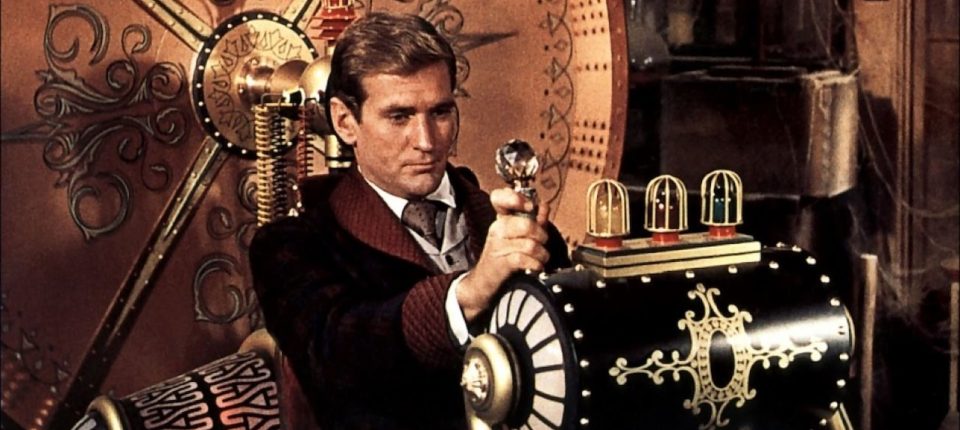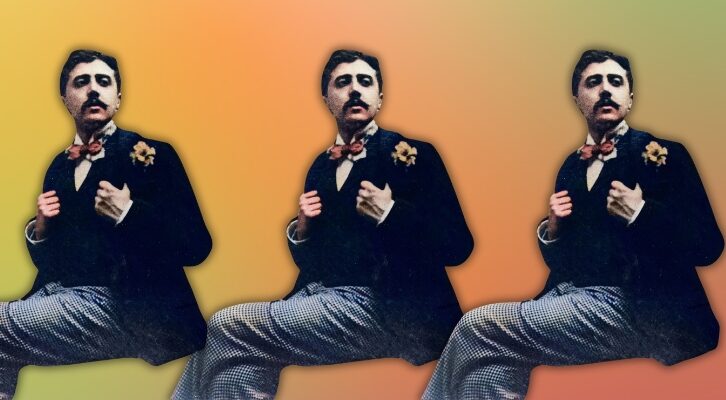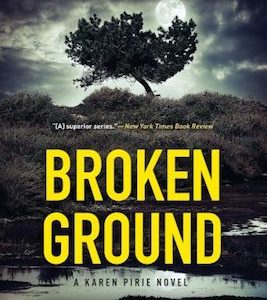I’m lying in bed when my iPhone’s new screen time tracking feature pops up to helpfully tell me that I’m averaging sixteen million hours a day on my cell. That seems like a lot, so I put it down and pick up my e-reader instead. If I had a normal book—one made out of dead trees—I’d have to tell my Google Home to turn on the Hue lightbulb in my bedside lamp. Fortunately, since my wife is asleep, I can bask in the backlit glow of my Kobo without waking her, choosing from one of the hundreds of novels I’ve got loaded up on this eight-ounce piece of plastic. I read for a bit and then, when I’m ready to go to sleep, I pick my iPhone back up again: I have to turn off the outside lights that I’ve got plugged in to a connected outlet and programed to turn on every night at dusk, and I need to check to make sure that my front door is locked. While I’m at it, I turn the thermostat up a few degrees.
The promise, of course, is that all of this technology will make my life easier. Why flip a light switch when I can pull out my phone and yell at it and then go yell at my kids because they somehow messed up all of my carefully preprogramed homekit scenarios? Sooner or later, I’m convinced that I’ll have a self-driving car and all of this will work seamlessly, but for right now, I think we are much closer to the future of murderous haunted smart homes that I have in my new novel, The Mansion, than the idyllic future of jetpacks that I was promised as a kid. Which isn’t necessarily a bad thing; it’s a fun to read about all of the ways the promise of technology is rotten at its core. Plus, it’s more realistic. Here are five novels that deliver on a dystopian future.
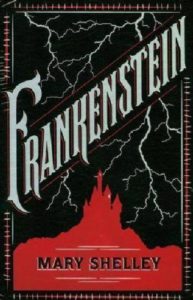
Frankenstein by Mary Shelly
Arguably the first science fiction novel—and yeah, we all know that Frankenstein is the doctor, and he should properly be called Frankenstein’s Monster, can you please shut up now?—Shelley was only twenty when she published Frankenstein. I’m not sure how old Victor Frankenstein was supposed to be when he made his creature, but spoiler alert: it goes poorly. The best argument I can make for reading this book is that my daughter had to read it for high school English last year and she enjoyed so much that she stayed up reading way past her bedtime and then spent the next two weeks turning every conversation so that it somehow related to Frankenstein.
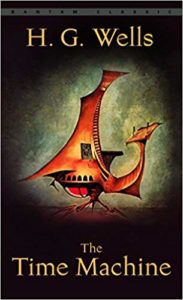
The Time Machine H.G. Wells
I’m not going to lie: when I was in college, I tried to read this and got distracted. I’m pretty sure my understanding of The Time Machine is almost entirely from reading a comic book version of it when I was a kid. Short version: future human elites are dumb cows that get eaten by the underclass and we should all be afraid of creatures that live underground. H.G. Wells set this future in the year 802,701, but the way things are going, the underclass eating the elite might only be a few years off. If you enjoy pretty much any movie or story dealing with time travel, you’ve got H.G. Wells to thank.
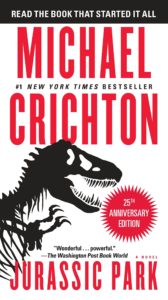
Jurassic Park by Michael Crichton
Ah, hubris! What is it about human nature that as soon as we can do something, we go for it without thinking through the consequences? Crichton was the king of “what if?” fiction, and in Jurassic Park he’s got a good one: what if we could make dinosaurs come alive again? The book is a typical Crichton page turner, filled with mayhem, corporate espionage, extremely dumb decisions by extremely smart people, a reasonable number of people chomped by dinosaurs, and some surprisingly thoughtful inquiries into the question of whether or not humans can conquer nature and if we should even try.
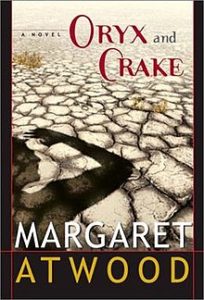
Oryx and Crake by Margaret Atwood
Atwood takes a hard look at genetic engineering, asking about the morality—and the dangers—of messing with what it means to be human a decade before CRISPR technology made those questions no longer hypothetical. It’s the first book in a trilogy, but I think it stands on its own. Atwood does what all of the best writers do, which is to wrap these larger questions up in the smaller story of a few characters and their relationships to each other. Creepy as hell at least partially because of how plausible it is that we might end up with something similar to the corporate dystopian future she presents.
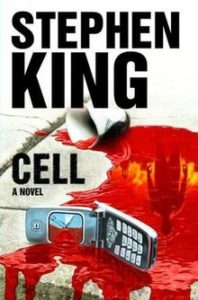
Cell by Stephen King
Yeah. Okay. I haven’t read this one, but it sounds like a ridiculously fun romp, as is usually the case with Stephen King. As ridiculous as the premise of Cell is—everybody talking on a cell phone gets a signal that turns them into deranged murderous maniacs—at this point, I think King gets the benefit of the doubt. If anything, despite his popularity, the quality of King’s writing is underrated. That being said, I’m not sure that the idea of cell phones turning all of us into mindless monsters is necessarily that far off.

